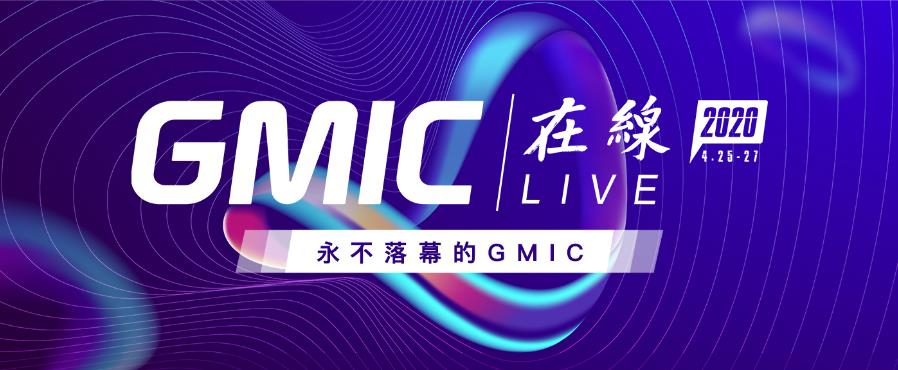Global Mobile Internet Conference: Let tech save the world 2020-04-29
The world is truly embracing technology thanks to the COVID-19 pandemic. Long seen as a source of uncertainty, technology is now more of a solution for risk control and social governance in tough times like these.
That's the view shared by many at this year's Global Mobile Internet Conference (GMIC), one that's held truly via mobile internet for the first time ever due to social distancing.
This year's theme is "2020 power growth," a claim that puts technology at the center of global development for 2020 onward.
"It seems to me like we need 5G asap," said Oren Etzioni, CEO of Seattle's Allen Institute for Artificial Intelligence and a University of Washington computer science professor.
He made these remarks at the GMIC in response to the huge spike in internet data during the pandemic as people have been working from home, placing delivery orders online and adapting to a new lifestyle that needs faster internet to stay connected.
Etzioni also pointed out the wide application of technologies like artificial intelligence (AI) in combating the coronavirus.
But Global telecoms infrastructure has been overloaded with a surge in traffic as a result, and 5G network, with its larger bandwidth, high commercialization and low costs, is seen as a business solution in the near future.

GMIC Live 2020 poster. /GMIC official website
On top of that, 5G and AI are seen as a perfect match made in the digital heaven. The speed of data transmission of 5G can make AI smarter, which could be more useful in times like these when there is a need for more precision-based healthcare.
This is the key to finding a cure or a vaccine for painful diseases like COVID-19. The combo can also be the answer to more sophisticated computing capacity for digital art, interactive education and cloud-based digital games.
Robert Xiao, CEO of Perfect World, one of the largest game producers, publishers and entertainment content creators, said the company has been investing in 5G-based cloud gaming even before the hype. "Many e-sports clubs have been utilizing AI in the training of their athletes to mimic a real tournament environment and give athletes more useful feedback," he said.
Since the company has businesses across the media and entertainment spectrum, how it is faring can provide more insight into the health of the entire sector during the global health crisis.
"We do see a surge of time spent on mobile games. And we do see a surge in terms of number of consumers," said Xiao. He went on to say the movie business is affected negatively by the virus due to theater closures and the broadcast business is going under as sports events, a major cash cow for broadcasters, are halted.
But Xiao added once the pandemic is gone, the media and entertainment sector will go back to normal "immediately."
Long being accused of creating uncertainties and stealing jobs, technology this time round has proved to be good at keeping the society together and running under crisis and safeguarding jobs during economic woes.
Just like masks and vaccines, when used properly with the right dose, technology can be good at protecting the society and economy from collapsing.
Now the next challenge is to make sure technology can be developed evenly and healthily across the globe without the contamination of geopolitics and trade clashes.

